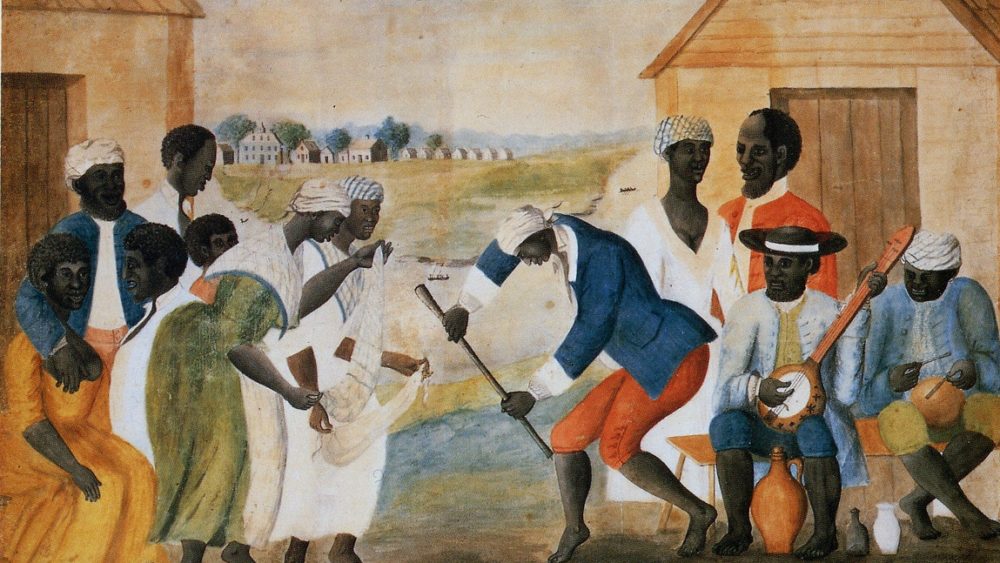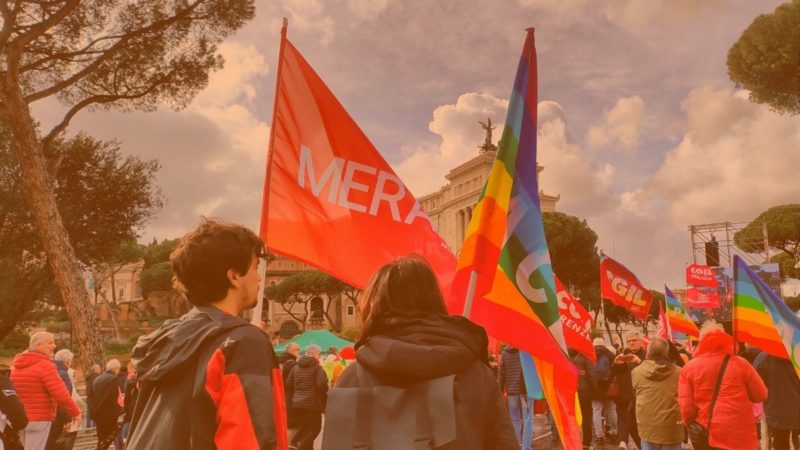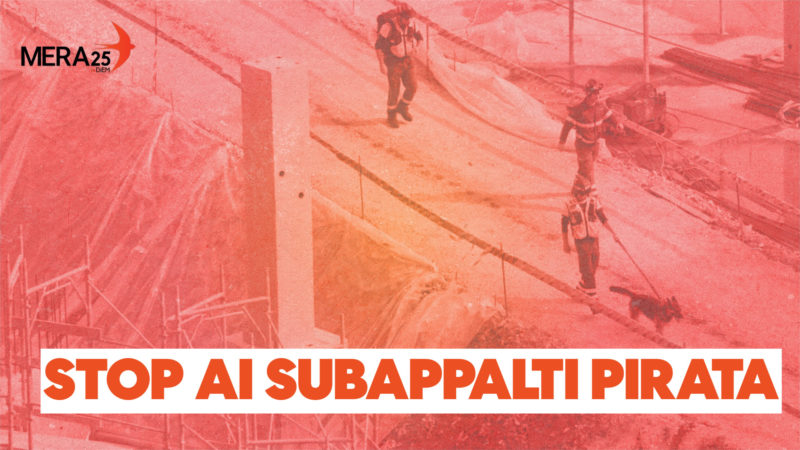The Capitalist paradigm asks us to blindly consume and produce. It has created an environment of vicious competition that requires continuous growth and sustained profit generation at an incremental speed. Exploitation is at the heart of this system by default.
As Marx noted, capitalism alienates human beings from their labour, nature, as well as from one another. This manifestation of alienation (the outcome of unfettered competition) and the individualistic nature of capitalism has pushed us to fight for survival. This has prompted the creation of national, ethnic, and racial identities to protect specific vested interests by maintaining established structures of power and profit making. Issam Nassar, a historian of photography, stated that,
“Nationalism, as much as it is based on collective imagination, still uses, selectively, historical facts to root itself in history and present itself as primordial and external at the same time. Nationalism is a product of socio-economic, political and intellectual conditions, grounded in particular movements of the past.”
A new class of ‘throwaway people’.
Our alienation from nature and the fake sense that with technology we are able to mould nature to satisfy our consumer mindset — sustaining a corrupted sense of progress — has generated a culture of exclusivity and oppression that has yielded insecurity and poverty. Scholar and activist Vandana Shiva pointed that out in one of DiEM’s TV episodes, explaining that this system is “creating a new class of throw away people, […], because there are 5 to 10 tech companies who think that the future by force will be robotic and digital based on artificial intelligence and we wouldn’t need people. Zuckerberg has said in his Harvard speech: most people will be useless.”
One of the most vicious forms of oppression and exploitation — slavery — is fueled by racism. Its latest manifestations are in Libya’s migrant ‘slave market’ in which “young men are auctioned off to farm workers.” We have reached the 21st century and apparently instilled human rights, but we have yet to properly eradicate racism and slavery from our planet.
Whether it is in the US, where police brutality has allowed for the persecution and killing of people of color, in Lebanon where domestic workers are exploited emotionally, sexually, and economically, or in Qatar, where workers building football stadiums to feed our “passion” for fairly played sports were being exploited through labour abuse by working for long hours — while we “enjoy” the so called work/life balance — before being left stranded and in debt. Palestinians are being treated as lab specimens on the hands of the Israeli Occupying forces (IOF) to test oppression techniques and weapons to be exported to the rest of the world to create global Green Zones. Last but not least, in Europe a recent episode happened in the midst of the pandemic: two French doctors openly discussed on national television the idea of using Africa as a ‘testing ground’ for vaccines.
The list goes on and on, but this is not a reason to give up and accept the established norms. On the contrary, this is the time to really get to the root of the problem and address it once and for all; Capitalism. Philosopher Cornel West recently stated:
“If you really want Black people to be free, and I do, Black people will never be free under a system of predatory Capitalism. We will never be free under a system with imperial tentacles.”
This means that to be truly free, and to achieve the higher goal of self-determination at the individual and collective level, one has to stand against Capitalism. West’s statement re-channels what many advocates of human rights and equality have also stated — that imperialism is at the root of Capitalism and its ideology, and continues to reproduce itself as today’s hybrid neocolonialism. For example, Murray Bookchin noted at the end of the seventies that the various types of exploitation are highly connected. He stated that the ecological crisis embodied by the exploitation of nature by humans has roots in the institutions of human on human exploitation. Angela Davis also advocates for the expansion of feminist thinking to include the struggle against all types of exploitation and oppression, as an intersectional approach to power.
Addressing systematic exploitation must be a global effort.
We need to deal with exploitation in a systematic way by looking at the roots of the problem that are deeply entrenched in the institutions of capitalism, such as, (un)conscious individualism and racism. Every choice one makes — as small as buying a can of tuna — has an impact on the other side of the globe. We cannot have a just ‘globalised’ world without involving all of the planet’s communities in the fight for human rights and dignity. We must not drag 19th and 20th century concepts of self-determination, such as nationalism.
We must collectively imagine what kind of self-determination we want in the 21st century. In this regard, DiEM25 has co-started the Progressive International, which creates a space for progressives from all over the world to come together to address global issues such as global inequality through policy and grassroots activism. In the And the weak suffer what they must?, Yanis Varoufakis refers to interconnectedness while addressing European societies as follows:
“No European nation can be free as long as another’s democracy is violated.
No European nation can live in dignity as long as another is denied it.
No European nation can hope for prosperity if another is pushed into permanent insolvency and depression.”
No human being can live a life of dignity, prosperity, and peace as long as another human being is suffering from inequality, injustice, and exploitation.
A European New Deal can be the catalyst to give members of European societies the time and space to imagine a new world without worrying how to make ends meet. At present, our challenges are global, interconnected, and deeply entrenched in the Capitalist paradigm.
We have reached a time where traditional solutions do not work any more, whether on the economic, societal, or political levels. We have now reached a time where it seems a Kuhnian-like paradigm shift is inevitable. Where this shift would lead is affected by our collective decisions.
We need to transform the established norms and customs, to transcend all national, racial, and ethnic constructions inherited from previous generations by critically and openly revisiting the historical narratives and stereotypes of different communities that were fed to us. By doing so, there is the hope of constructing a just and sustainable world.
We acknowledge that these global challenges are not easy, but we can’t sit back and wait for a miracle, “we have to be the miracle.”
Mohammad Khair Nahhas is a member of the thematic DSC Peace and International Policy 1.
Image: Slaves dancing on a South Carolina plantation by John Rose. The Old Plantation, c. 1790.
Do you want to be informed of DiEM25's actions? Sign up here




